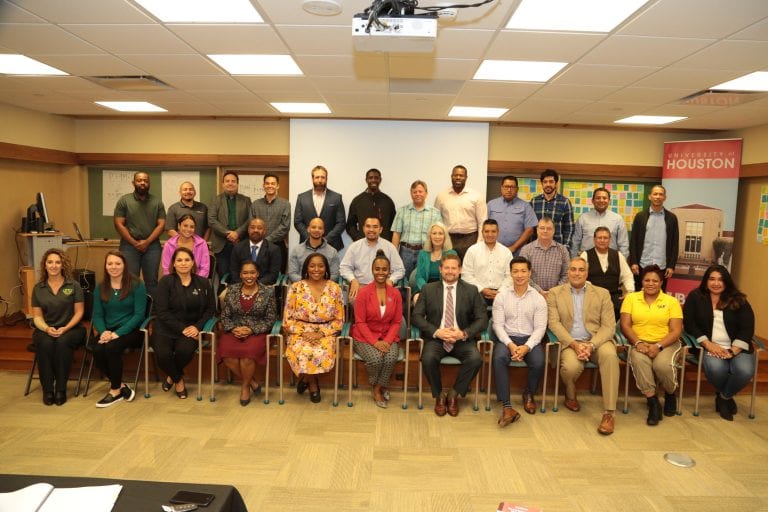
When we look ahead to the year 2025, we will see that the landscape of in-demand technology occupations is likely to undergo a significant transformation as a result of the ongoing digital transformation and the rapid improvements in technology.
It is anticipated that positions such as those involving artificial intelligence and machine learning engineers, cybersecurity analysts, cloud architects, and data scientists will be at the forefront of this transition.
A strong educational foundation is required for these professions, often equivalent to a bachelor’s or master’s degree in engineering, information technology, computer science, or a field that is closely linked to these areas. On the other hand, education is not sufficient on its own; the ever-changing nature of these positions calls for ongoing education and the acquisition of new skills. For example, artificial intelligence and machine learning engineers will need to be fluent in data modeling and assessment, have a strong understanding of machine learning methods, and be able to master programming languages, such as Python and R. Candidates for the position of cybersecurity analyst will need to possess certifications such as CISSP or CEH, as well as a strong understanding of threat assessment and encryption technology.

The ability to demonstrate knowledge in cloud platforms such as Amazon Web Services (AWS), Microsoft Azure, or Google Cloud is required for Cloud Architects. On the other hand, data scientists should be fluent in statistical analysis, data visualization tools, and machine learning. In order to satisfy these demands, businesses of all sizes can reap significant benefits from providing their employees with additional training.
The development of in-house expertise can provide small firms with the potential to build a competitive edge, thereby minimizing their reliance on external consultants and encouraging innovation from within the company if they take advantage of this opportunity.
By making investments in their staff, mid-sized businesses have the opportunity to improve their operational efficiency, reduce employee turnover, and align their skill sets with the demands of expanding markets. However, large businesses can keep their market leadership by ensuring that their talent pool stays on the cutting edge of technical breakthroughs. This allows them to preserve their market leadership position.
In any circumstance, it will be of the utmost importance to cultivate a culture of continuous learning and to make available necessary training programs, certifications, and hands-on project experiences in order to adequately prepare the workforce for the technological tasks that lie ahead in the year 2025.
Investing in the upskilling of employees not only enables organizations to successfully traverse the upcoming technological upheavals, but also generates long-term growth and sustainability.
By: Darrance Tezino, Director of Technology Services at CenterPoint Energy







